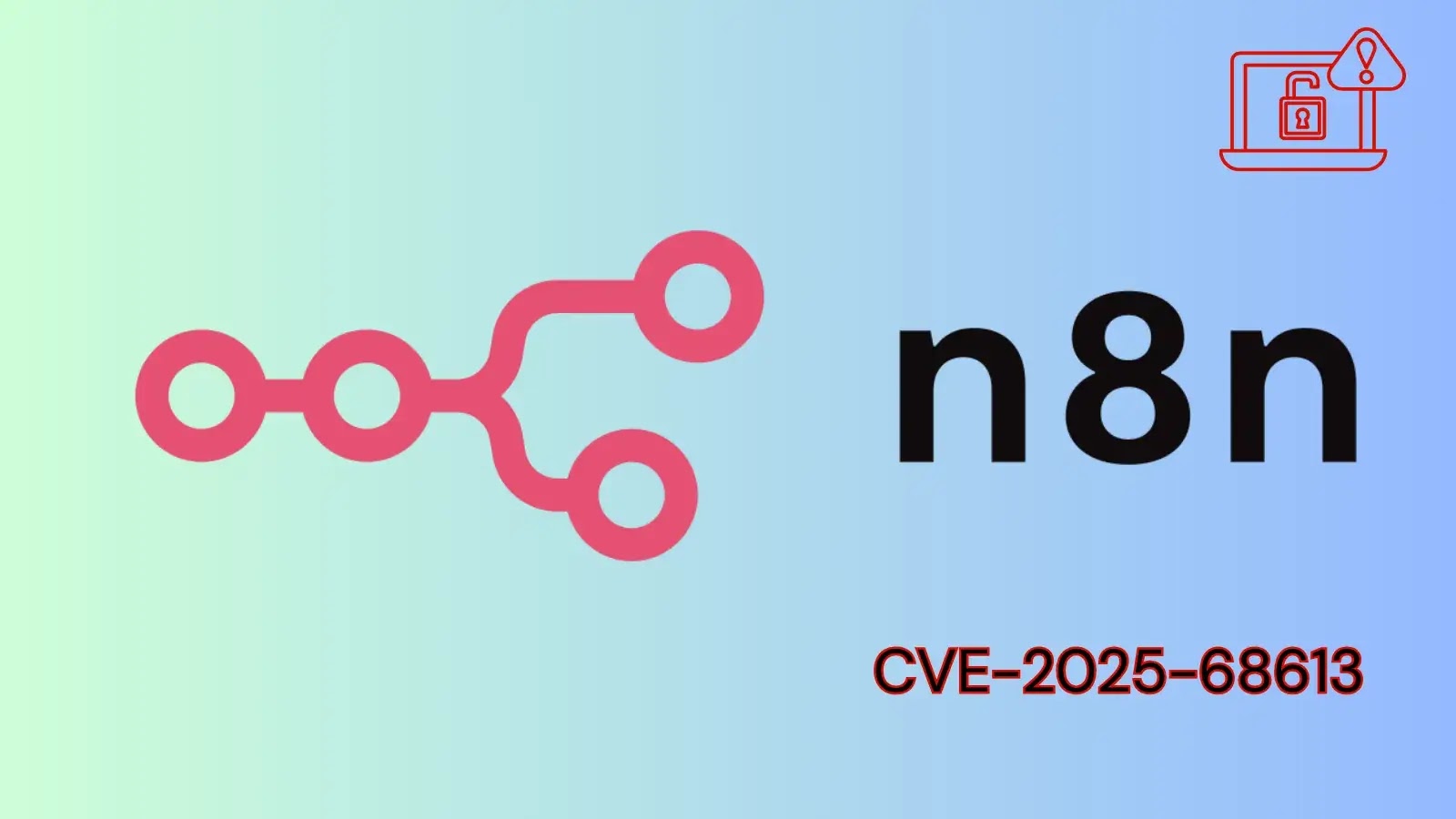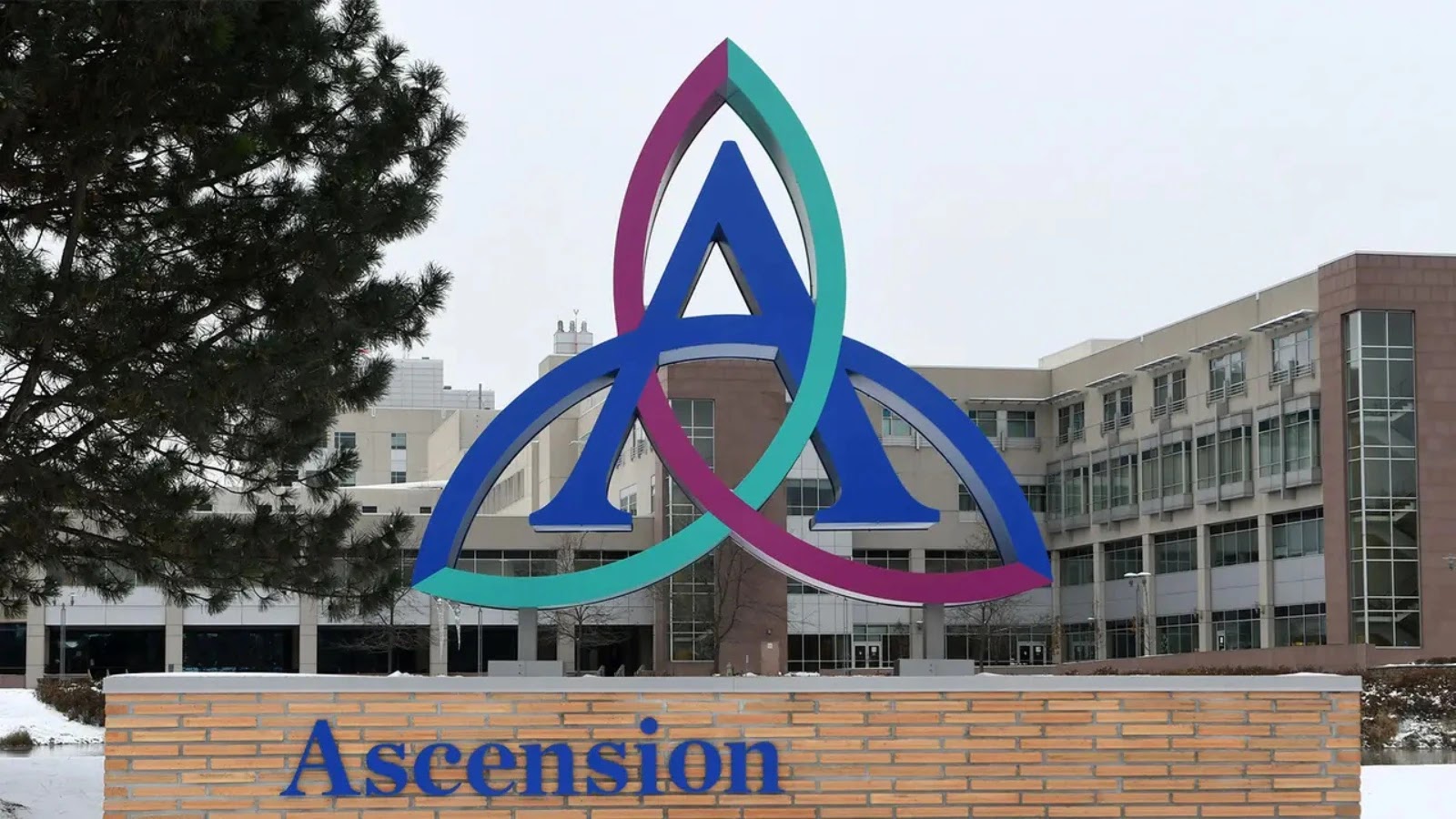In a landmark decision, a federal jury in California has mandated that Israeli spyware developer NSO Group compensate WhatsApp with approximately $168 million in damages. This verdict concludes a protracted six-year legal confrontation between Meta Platforms, the parent company of WhatsApp, and NSO Group, renowned for its Pegasus spyware utilized in global cyberespionage activities.
Background of the Case
The origins of this legal battle trace back to 2019 when WhatsApp identified that Pegasus had been employed to infiltrate the devices of around 1,400 users across 20 countries. The targets included journalists, human rights activists, and government officials. The spyware exploited a zero-click vulnerability within WhatsApp’s infrastructure, enabling attackers to compromise devices without any user interaction. This breach granted unauthorized access to messages, emails, calls, and even allowed remote activation of cameras and microphones.
Details of the Verdict
The jury’s decision encompassed $444,719 in compensatory damages, intended to cover the costs WhatsApp incurred to rectify the exploited vulnerabilities. Additionally, $167.3 million was awarded in punitive damages, serving as a deterrent against similar future misconduct. This ruling follows a December judgment by Judge Phyllis Hamilton, who determined that NSO Group had violated anti-hacking laws and breached WhatsApp’s terms of service.
Meta’s Response
Meta Platforms has lauded the verdict as a significant milestone for digital privacy and security. The company stated, Today’s verdict in the WhatsApp case marks a significant advancement for privacy and security, representing the first triumph against the creation and utilization of unlawful spyware that endangers the safety and privacy of individuals. Will Cathcart, head of WhatsApp, emphasized the ruling’s importance as a deterrent to the spyware industry, highlighting its unlawful activities targeting American companies and global users.
Insights into the Spyware Industry
The trial shed light on the clandestine operations of the commercial spyware sector. Testimonies revealed that NSO Group charged government clients millions of dollars to deploy Pegasus. Notably, the company continued to update its surveillance tools even after WhatsApp had patched the vulnerabilities and initiated legal proceedings. This persistence underscores the challenges in curbing the misuse of sophisticated surveillance technologies.
NSO Group’s Stance
NSO Group has defended its technology, asserting that Pegasus is a tool designed to combat crime and terrorism. The company has indicated plans to appeal the verdict, arguing that the jury was not permitted to consider evidence regarding the alleged positive applications of Pegasus by government agencies. This defense highlights the ongoing debate over the ethical implications and oversight of surveillance tools in the digital age.
Broader Implications
Legal experts and human rights advocates view this ruling as a precedent-setting moment, holding spyware vendors accountable for abuses. It delivers a significant blow to one of the world’s most prolific surveillance firms. Meta has announced its intention to donate any collected damages to organizations dedicated to defending against spyware attacks. As the spyware industry continues to expand, the outcome of this case is expected to influence ongoing discussions about surveillance, privacy, and the responsibilities of technology providers worldwide.
Technical Aspects of the Breach
The attack exploited a zero-click vulnerability in WhatsApp’s Voice over Internet Protocol (VoIP) stack, identified as CVE-2019-3568. This flaw allowed the installation of Pegasus spyware without any user interaction. WhatsApp addressed the vulnerability through server-side fixes and client updates in May 2019. The technical sophistication of this exploit underscores the evolving nature of cyber threats and the necessity for continuous vigilance in cybersecurity practices.
Global Repercussions
Beyond the United States, the scandal prompted regulatory scrutiny in the European Union, where lawmakers questioned NSO Group’s compliance with General Data Protection Regulation (GDPR) requirements. The Israeli government subsequently tightened oversight of cyberweapon exports. These developments reflect a growing international consensus on the need for stringent regulations governing the use and distribution of surveillance technologies.
NSO Group’s Response to Allegations
NSO Group has consistently maintained that Pegasus was licensed exclusively to governments for counterterrorism purposes. The company stated it had no visibility into how clients used the software, though this claim has been disputed by researchers. The court’s findings suggest that NSO Group itself was directly involved in the hacking, challenging the company’s assertions of limited involvement.
Impact on WhatsApp and User Trust
Following the disclosure of the breach, many users migrated to alternative messaging platforms like Signal and Telegram. WhatsApp responded by enhancing its security communications and emphasizing its commitment to end-to-end encryption. The incident underscores the critical importance of maintaining user trust and the ongoing challenges tech companies face in safeguarding user data against sophisticated cyber threats.
Conclusion
The jury’s decision to hold NSO Group accountable for its actions marks a pivotal moment in the ongoing battle against unauthorized surveillance and the misuse of spyware. It sends a clear message to the spyware industry about the legal and financial repercussions of engaging in unlawful activities. As digital privacy concerns continue to escalate, this case serves as a reminder of the importance of robust cybersecurity measures and the need for vigilant oversight of surveillance technologies.



